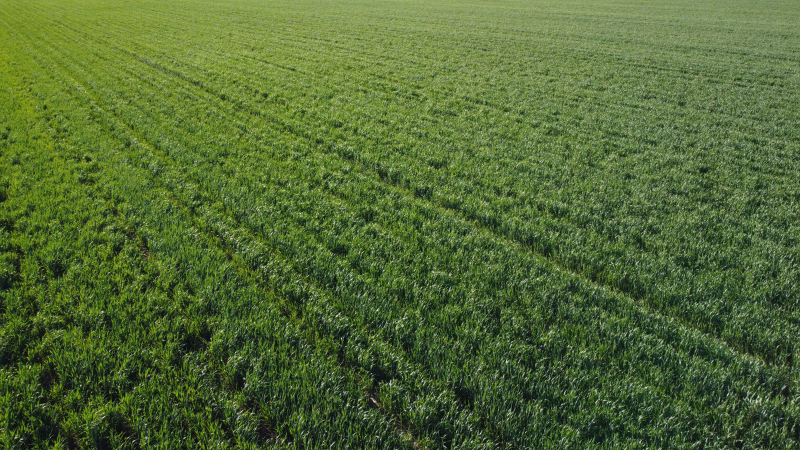Agro-ecology is a farming system that integrates ecological principles with agricultural production in a way that promotes biodiversity, improves soil fertility, and reduces the use of external inputs such as synthetic fertilizers and pesticides. In Zimbabwe, agro-ecology has become increasingly popular among small-scale farmers as a way to address food insecurity, climate change, and economic challenges.
Agro-ecology is a sustainable and cost-effective approach to farming that can benefit both small-scale and commercial farmers in Zimbabwe. By reducing the use of external inputs like synthetic fertilizers and pesticides, agro-ecology can help farmers save money on inputs while improving the health of the soil and the environment.
One example of agro-ecology in Zimbabwe is the use of conservation agriculture, which involves minimum tillage, mulching, and crop rotation to improve soil health and reduce erosion. Another example is the use of agroforestry, which involves integrating trees into farming systems to provide multiple benefits such as shade, erosion control, and nutrient cycling.
Furthermore, by promoting biodiversity and ecosystem services like natural pest control, agro-ecology can help farmers increase yields and reduce crop losses. This can be especially beneficial for small-scale farmers who may not have the resources to invest in expensive inputs or equipment.
In addition, agro-ecology can help farmers adapt to and mitigate the impacts of climate change by promoting soil health, water conservation, and the use of drought-resistant crops. This can be crucial in a country like Zimbabwe, where climate variability and extreme weather events are increasingly common.
Overall, agro-ecology is a promising approach for sustainable and resilient farming in Zimbabwe, and organizations like ZOPPA , CAFS as well as vaMudhumeni are working to promote its adoption and support farmers in its implementation.
By Farai Mafuwe
References
efaidnbmnnnibpcajpcglclefindmkaj/https://www.fao.org/3/i9037en/i9037en.pdf
https://www.sciencedirect.com/topics/agricultural-and-biological-sciences/agroecology
efaidnbmnnnibpcajpcglclefindmkaj/https://gca.org/wp-content/uploads/2020/12/TheContributionsOfAgroecologicalApproaches.pdf

